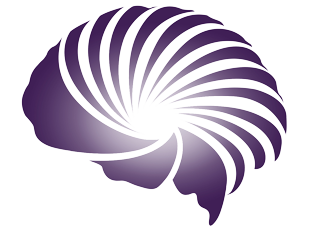Many leaders and executives have had stellar careers derailed by addiction. What often starts out as fun, or stress relief soon turns into an addiction that ruins careers and lives.
How do I know if I have an Addiction Problem?
Brief answer
Do you:
Feel compelled to do something, and despite your best efforts not to do it, you do, and that behaviour is harming or threatening your performance and life?
If you answered Yes, you are may be addicted. You may wish to read more before deciding whether to seek help.
More detailed answer
Leaders and Executives become addicted to just about anything: alcohol, illegal drugs, legal drugs, sex, particular thoughts, behaviours, emotions, games, gambling, food, shopping, a person, a place… nearly anything.
Constructive vs Destructive Addictions
While some addictions can prove to be beneficial (such as being addicted to eating a healthy diet), others can impair or even end the life of a sufferer. There is often a fine line between healthy, wise addictions and harmful addictions. For instance, some people are addicted to exercise, which, if done in moderation, and wisely, will enhance both the quality and duration of their lives. However, just a little more exercise addiction can tip the same executives or professionals in to all sorts of health problems, social impairment, career damage and worse.
In short, you are probably addicted if you
1. Cannot control the desire for “it” (whatever the addiction is)
2. Feel compelled to have “it”
3. Have lost control over “it”
4. Feel that “it” now controls you
5. And/or others are being harmed by “it”
6. Know you are being harmed by “it” but cannot stop “it”
7. “It” impairs your performance.
“It” for addicts, has become the monster that controls and ruins their lives, and often the lives of loved ones. Most addicts can recover with the right help.
Addiction Denial
Many people have addictions, which are deeply harmful to them, but are not aware that they are addicted. Some attribute their behaviour to other factors: “I’m just a social drinker, and very fortunate to have a great and full social life.” Others have become addicted by force of habit: “Of course, I am not an alcoholic; I am never drunk, and only ever have two glasses of wine once each evening.”
Leaders and Executives with addictions only seek help when the damage that their addiction is doing is strong enough to break through the all-too-human need they (we) have: to deny that they (we) are harming ourselves.
Addiction and Depression
Harmful addictions can lead very quickly to depression. Indeed, given what an addiction can do to a person it would be surprising if addiction did not lead to depression.
See the section on Depression.
Addiction and Anxiety
For the same reasons that harmful addictions can lead very quickly to depression they can also lead to anxiety. Indeed, given what an addiction can do to a leader or executive, it would be surprising if addiction did not lead to anxiety and depression.
See the section on Anxiety.
Treatments
Each executive/professional is different, as such, it is unlikely that any one off-the-shelf treatment for addiction can work for everyone. A skilled psychotherapist will find the way (usually several ways) to best help you overcome addiction.
You will appreciate that time is best used serving clients. When you call, please expect to leave a message on voicemail.
